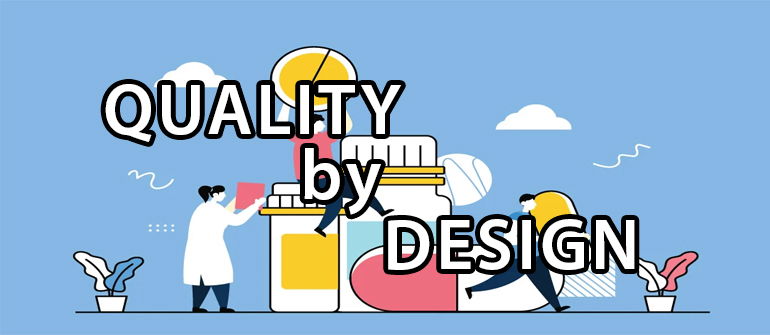Why is Quality by Design (QbD) important?

Quality by Design (QbD) is a systematic approach to drug and medical device development that emphasizes the importance of designing quality into products from the outset. It is an important concept in the pharmaceutical and medical device industries as it ensures that products are safe, effective, and meet the needs of patients.
QbD is a key aspect of current Good Manufacturing Practices (cGMP) regulations, which require manufacturers to have a thorough understanding of their products and processes to ensure consistency and reliability in product quality. By implementing QbD, manufacturers can identify potential quality issues early in the development process, reduce variability, and optimize the manufacturing process to ensure a high-quality product.
The benefits of QbD in the pharmaceutical and medical device industries are numerous. Firstly, it reduces the risk of product recalls due to manufacturing defects or other quality issues, which can be costly both in terms of financial losses and damage to a company's reputation. Secondly, it ensures that products are safe and effective, which is critical in healthcare where patient safety is paramount.
Thirdly, it improves the efficiency of the manufacturing process by reducing variability, minimizing waste, and increasing productivity. By designing quality into products from the outset, manufacturers can avoid costly and time-consuming quality control measures later in the manufacturing process.
Fourthly, it enables manufacturers to develop innovative products that meet the needs of patients and healthcare providers. By understanding the needs of patients and stakeholders, manufacturers can design products that are safe, effective, and user-friendly.